When searching a paper using some online library, such as Springer, the returned result will also show the related concept automatically extracted from this paper as well as some knowledge relationship graph based on these concepts. The following is an screenshot of the search output.
I would like to know which kind of algorithms and software are able to generate this kind of output. Are there any open-source tools being able to do that?
